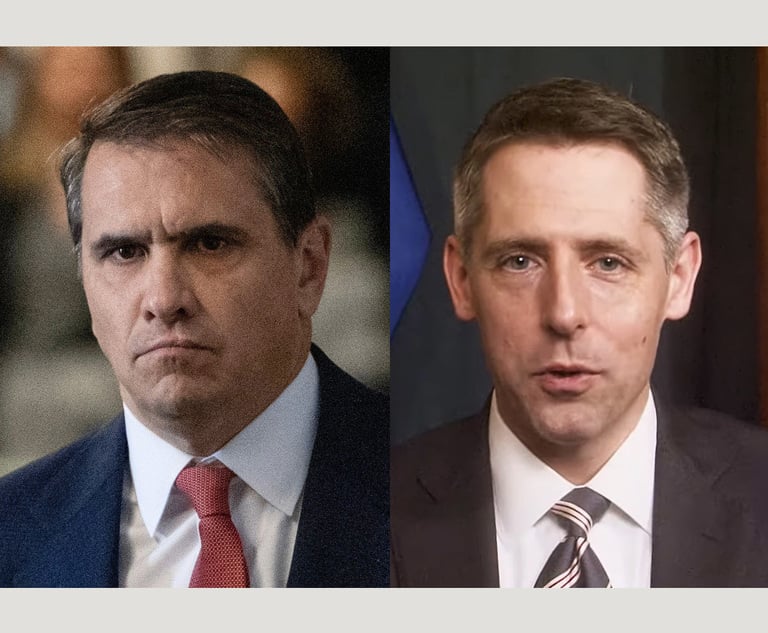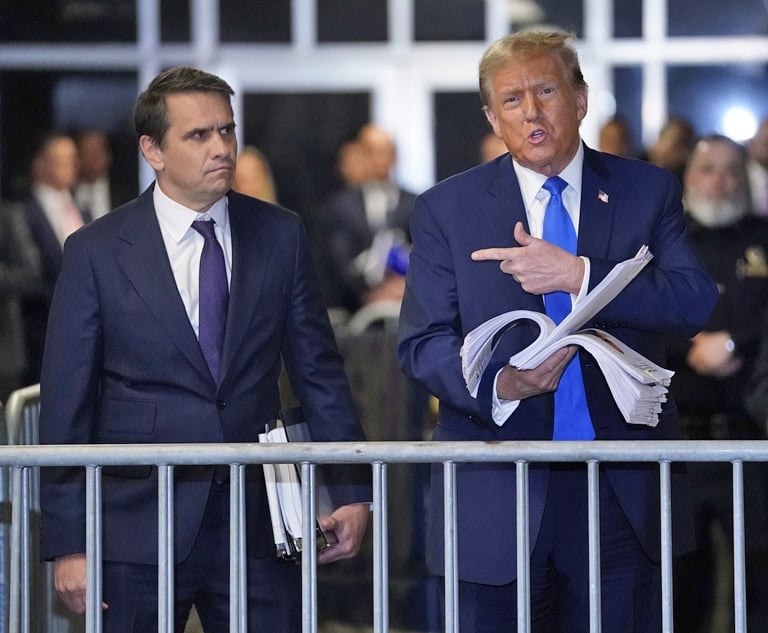It was a wild bachelor party without a bachelor. The police arrested the partygoers for being unlawfully on the premises. The police called the charge “unlawful entry.” The arrests wrecked the party, and the partygoers sued under §1983 for damages for violations of their Fourth Amendment rights. They recovered almost $1 million in damages and fees, which was affirmed on appeal, only to have the U.S. Supreme Court overturn their victory. Party wrecked again!
In District of Columbia v. Wesby, 138 S.Ct. 626 (2018) (Jan. 22, 2018), the Supreme Court recently held that the defendant police officers had probable cause to arrest the plaintiffs for unlawful entry. Alternatively, the Supreme Court ruled that even if the officers did not have probable cause, qualified immunity protected them from personal liability because they had at least arguable probable cause. Justice Clarence Thomas wrote the unanimous opinion for the Court. Justices Sonia Sotomayor and Ruth Bader Ginsburg each wrote brief concurrences. Justice Sotomayor opined that given the “heavily fact bound nature of the probable cause determination,” the court should not have reached the qualified immunity issue. Justice Ginsburg suggested that the court’s Fourth Amendment arrest decisions might be weighed “too heavily in favor of police unaccountability.”


 Martin A. Schwartz
Martin A. Schwartz




